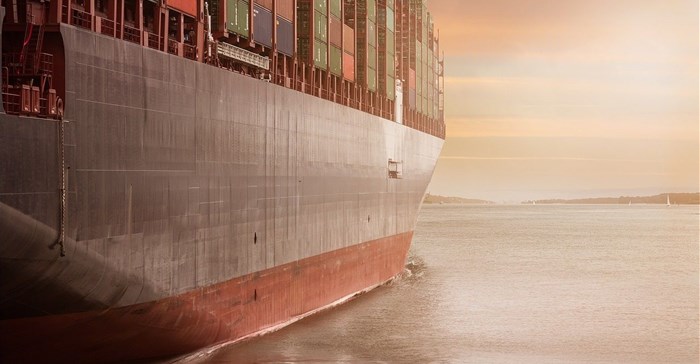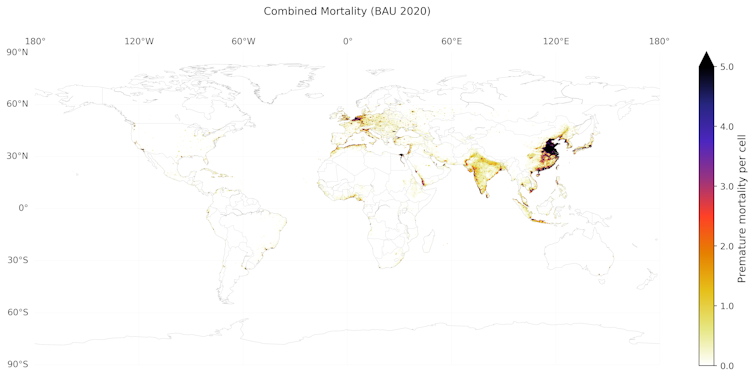The urgency of curbing pollution from ships, explained

As researchers who study the shipping industry, we have determined that the benefits of greener shipping outweigh the costs. Yet global environmental rule-making, implementation and enforcement take a long time, creating delays that can endanger public health and the environment.
Heavy fuel oil
The more than 52,000 ships crisscrossing ocean trade routes will burn more than two billion barrels of heavy fuel oil
this year. Heavy fuel oil, a crude oil byproduct, contains sulfur concentrations up to 1,800 times higher than the diesel fuel burned on US highways.
Ships contribute between 2-3% of the world’s total greenhouse gas emissions, studies show. Unless the world takes action to control noxious air pollutants and reduce greenhouse gases, harmful pollution will grow in tandem with global trade in the coming decades.
Atmospheric processes transform ship exhaust into toxic particles, which drift far from shipping routes. Originating along shipping routes, these pollutants endanger human health and acidify lakes and streams hundreds of miles inland.
Public health hazard
As part of an international team of scholars, we researched how sulfur-related pollution from ships affects human health. Our team found that ship pollution causes about 400,000 premature deaths from lung cancer and cardiovascular disease, and 14-million cases of childhood asthma each year.

Maritime regulation requires cooperation among many, if not most, of the world’s nations, using their shared authority to verify compliance upon arrival in their ports. But at sea, most shipping companies operate relatively independently of the country where they are headquartered.
The International Maritime Organization sets international shipping policies through consensus agreements that specify compliance requirements and leave enforcement up to national authorities. In 2008, governments and industries agreed to adopt cleaner fuels in 2020. Since then, we estimate that ship air pollution exposure contributed to more than 1.5-million premature deaths and aggravated asthma conditions for over 100-million children.
![]() Given the climate benefits of low-carbon shipping, we believe that the world can’t wait three decades to set and enforce shipping greenhouse gas targets.
Given the climate benefits of low-carbon shipping, we believe that the world can’t wait three decades to set and enforce shipping greenhouse gas targets.